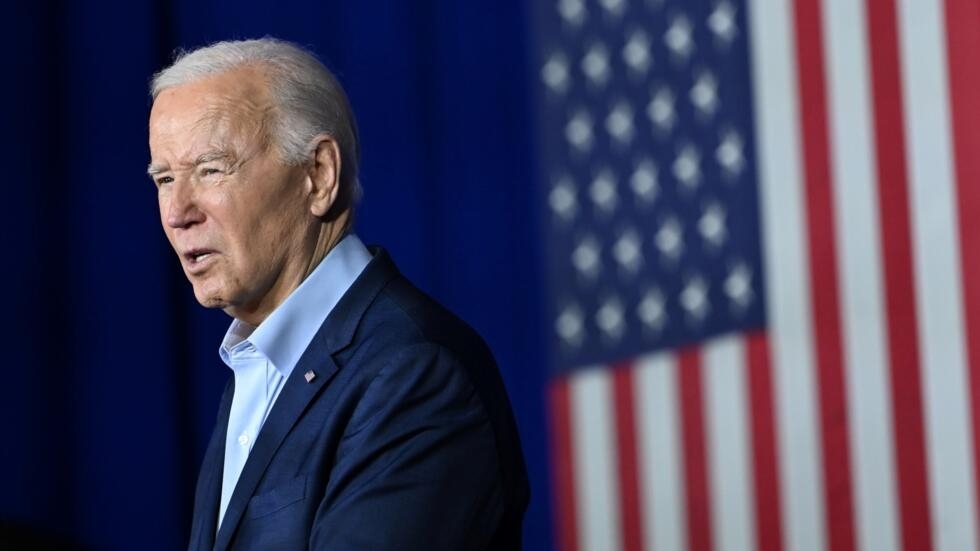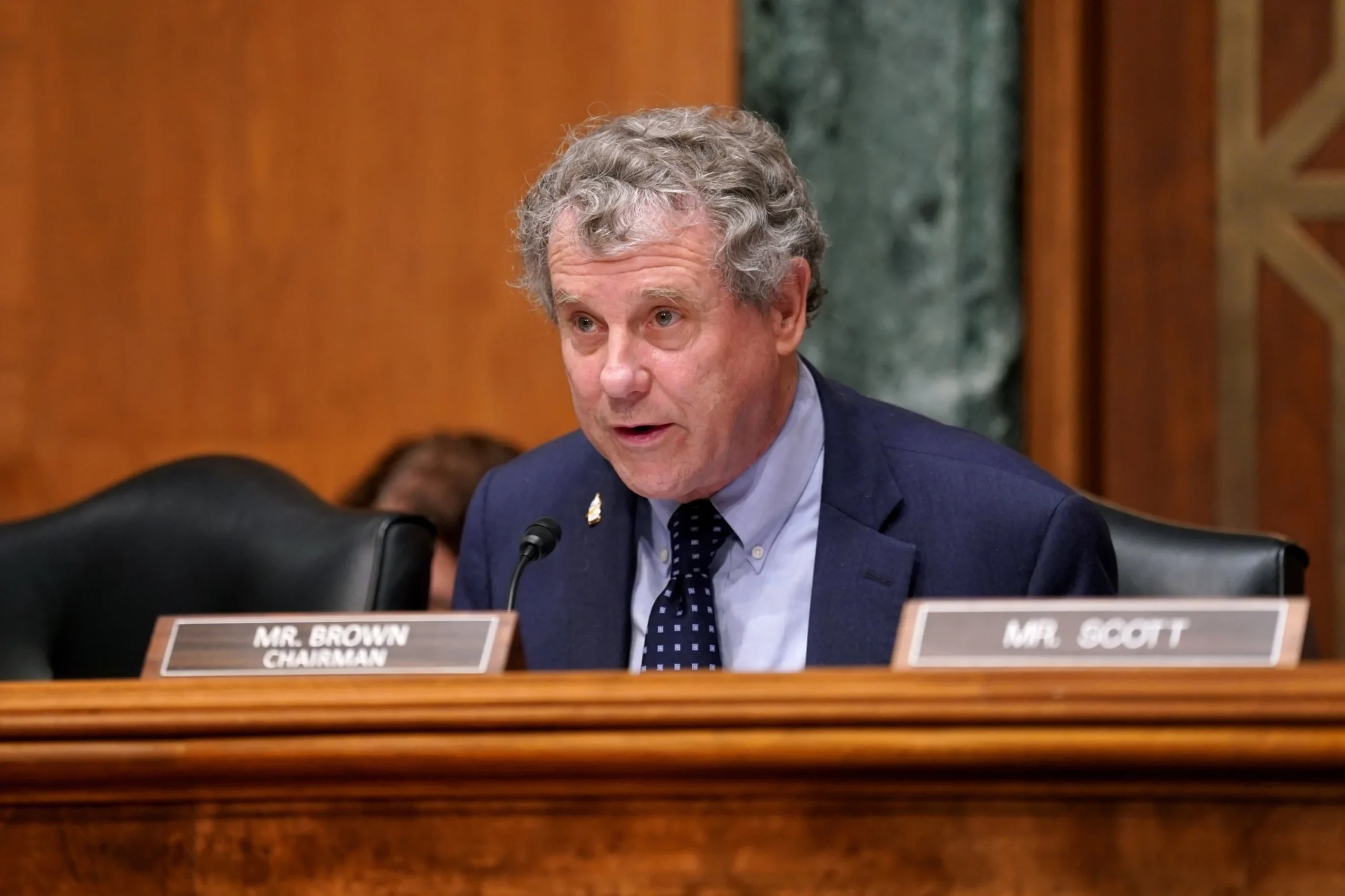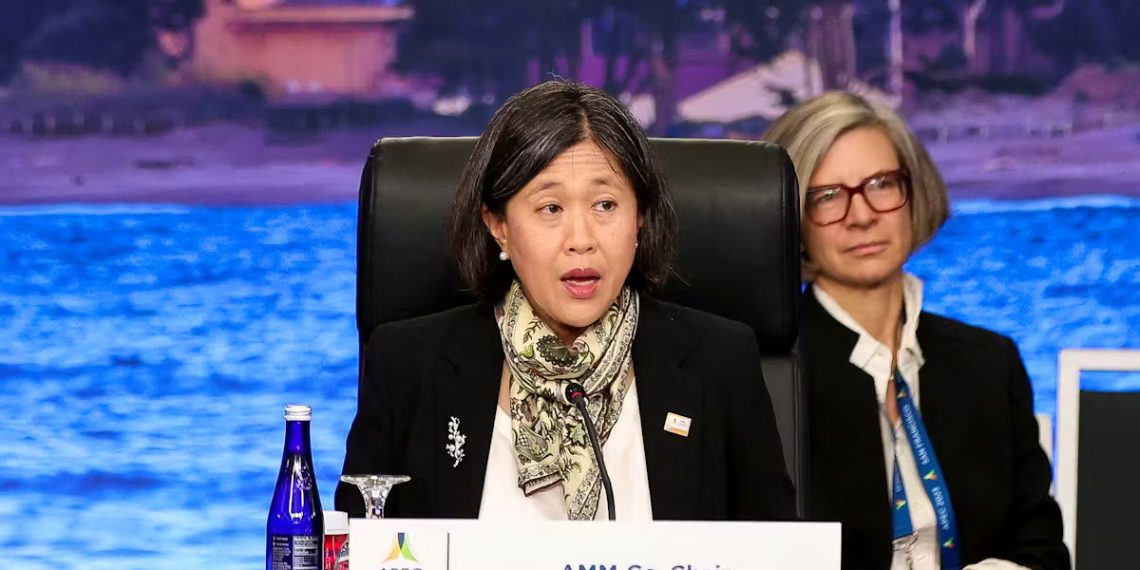U.S. Trade Representative Katherine Tai urged decisive action to safeguard electric vehicles (EVs) from subsidized Chinese competition.
Addressing the U.S. Senate Finance Committee, Tai emphasized the importance of leveling the playing field for American workers.
She highlighted President Joe Biden‘s push for higher tariffs on Chinese steel imports under Section 301, signaling advanced stages in interagency deliberations.

Tai pointed to China’s history of anti-competitive practices, particularly in solar panel production, where state support led to overproduction and harmed U.S. producers.
She warned of similar challenges facing the EV and automotive sectors, stressing the need to act swiftly to prevent loss of domestic production capacity.
Tai underscored the urgency of creating fair trade conditions, emphasizing the current imbalance despite the rhetoric of free trade.
The Biden administration‘s scrutiny of trade tools is influenced by global dynamics in the EV industry. Additionally, the USTR announced a new investigation into China’s unfair trade practices in maritime, logistics, and shipbuilding sectors under Section 301.

This move follows a petition from five U.S. labor unions, reflecting growing concerns over Chinese dominance in critical industries.
Senators have urged Tai to utilize the Section 301 tariff review initiated in September 2022 to impose higher tariffs on Chinese-made EVs.
Tai assured the panel that the review process would result in a comprehensive package, expressing confidence in its imminent completion.





